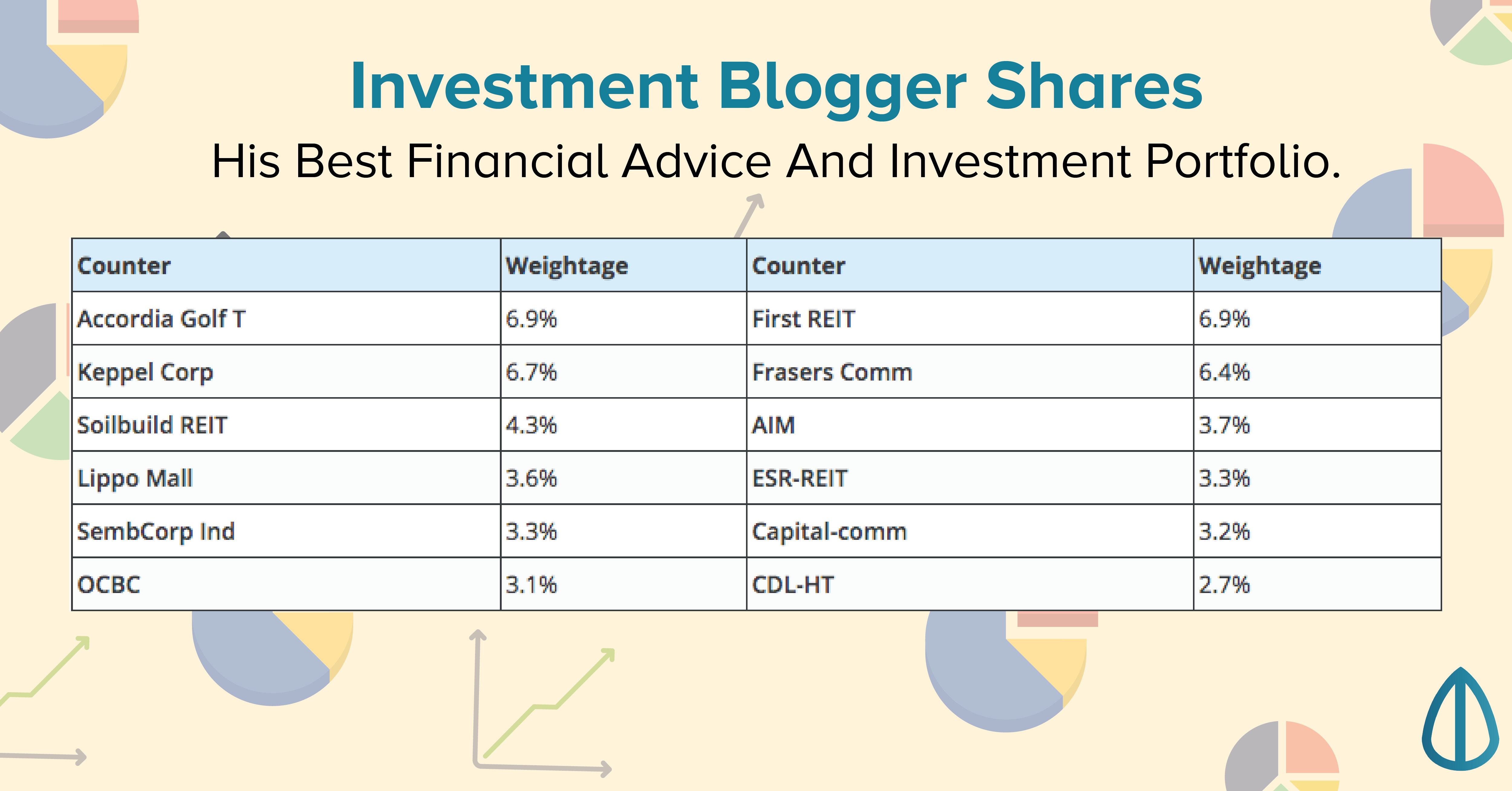Advertisement
Anonymous
I want to start investing in individual stocks, what info should I research on and look out for in order to make an informed decision on what to invest in?
6
Discussion (6)
Learn how to style your text
Reply
Save
Isaac Chan
12 Feb 2019
Business at NUS
Hi there! The answers provided by the others are comprehensive, but I hope to stress this point, which is that cash is king!
One of the most important factors in deciding what are good stocks, is how much cash the company is generating, and how much cash it is keeping. Without proper cashflow, it is needless to say that a company won’t be able to survive. But it is very important to also note that cashflow earned and retained does not equal net profit. Companies with strong net profits but with weak cash flows may collapse, simply because these are 2 are very different concepts.
Net profit, to put it simplistically, is derived from revenue minus cost and expenses. However, a company also has other uses and sources of cash. For example, a company needs to repay loans, and invest in capital such as machinery and buildings. These uses of cash don’t necessarily show up in a company’s expenses. Moreover, a company might sell a product, but the customer of the company might only pay the company after a while (mostly 30-60 days later). This means that the company records that sale as revenue, but has not received actual cash from the customer yet.
To look out for such factors, pay close attention to a company’s cashflow statements, since they show how cash is used and received, instead of just focusing on how much profit a company is earning. And remember, cash is king for any company!
Reply
Save
Brandan Chen
03 Feb 2019
Financial Planner at Manulife Singapore
It depends whether you are in for the long term or just for short term trading. I prefer the former ...
Read 4 other comments with a Seedly account
You will also enjoy exclusive benefits and get access to members only features.
Sign up or login with an email here
Write your thoughts
Related Articles
Related Posts
Related Posts
Advertisement









Hi!
Just a small add on point as to how you could systematically research on individual stocks:
1) Macroeconomic Analysis
Looking at how current macroeconomic trends may affect future price movements for stocks eg: US-China Trade War? Brexit? Forecast of slower global GDP Growth by IMF?
2) Industry Analysis
Looking at how the industry performance may be affected, perhaps due to global factors eg: oversupply of oil, leading to decreased profits for companies in the energy industry? Is this a dying industry?
3) Fundamental Analysis
Looking at the specific company's health by looking at the ratios as suggested by the others.
Hope this helps!